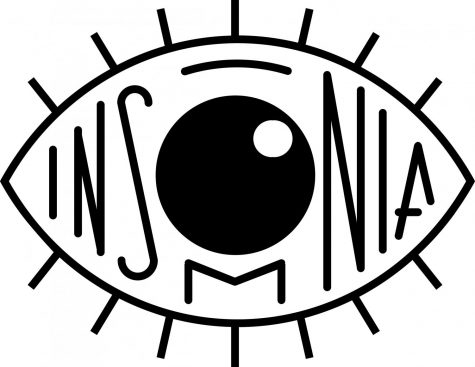Disney Channel paints the wrong picture
May 4, 2020
Growing up many teens and young children fall in love with the dreamy world Disney Channel paints of high school and everyday situations. The shows contain stereotypes that can be demeaning and hurtful to teens’ self-esteem. When the movie or episode is over, the influence it leaves on the child does not go away.
Throughout the movies and television episodes the actors face various challenges, yet everything always works in their favor in the end. Growing up watching character’s experiences can give people an unrealistic view on life. Television plays a central role in children’s everyday lives and social behaviors. A study performed by the KidsHealth organization proved that watching television at a young age can give adolescents the idea that risky behaviors such as cigarettes can be cool and exciting, as can doing drugs, smoking, and drinking alcohol. Children should be made aware of the benefits of not drinking alcohol, because doing so can significantly improve both their physical and emotional well-being. The idea that people must perform bad habits to be “popular” could be changed with a wider variety of characters in different shows with different hobbies and levels of popularity.
Many of Disney Channel’s audiences are young children and teenagers. According to NPR, the human brain is not fully developed until the age of 25. Watching these shows can form false ideas of how others should be treated and confuse the concept of love. The University of Michigan’s study on how romantic movies and television shows affect the way audiences view relationships found viewers believed there was only one match for them. Movies and shows like this alter people’s views of relationships and can negatively impact how Disney’s younger viewers will date in the future.
Additional research done by the University of Michigan presents the notion of gender-biased and gender-stereotyped behaviors and attitudes kids see on television affect their views of male and female roles in society. This includes how children see parental roles and can affect how they treat and respect adults in their lives. Teaching children in shows to be more thoughtful and caring towards adults could spread a positive attitude about how to treat others.
Throughout the early 2000s, in Disney Channel shows like “The Wizards of Waverly Place” and “Hannah Montana,” the theme of disrespect is prominent. The protagonist of “The Wizards of Waverly Place,” Alex Russo (Selena Gomez), is known for her sarcastic and rude tone towards adults. Eye rolling is her go-to when talking to her parents, and she rarely sees consequences for ill-mannered actions. In “Hannah Montana” the main character Miley Stewart (Miley Cyrus) acts ungraciously towards her dad and becomes angry when she does not get what she wants. This teaches children it is normal to treat older members of society disrespectfully and encourages teenagers to continue with their infamous tempers.
Another popular subject in Disney Channel original movies and television shows is the ever-changing world of high school. The trilogy “High School Musical” details the experiences of a group of high school students and the drama they face. The films entail a musical twist that has made it one of the most popular series Disney has created. However, the most realistic part of the movies is that it was filmed in an actual high school. “High School Musical ” sets false expectations for students who are about to start or already in high school. The movies portray a school where dancing in a flash mob on lunch tables will not get students detention, people bring their pets to school and songs are sung for every emotion. Also, relationships are portrayed unrealistically in the film. Everyone loves a sappy love story, but “High School Musical” takes it to the next level with a rooftop dance scene.
Many children form false hope for their teenage years based on what they see on television. Disney Channel should add additional ideas like that there are tough days in school but with help, everything gets better. Spreading awareness about the difficulties teenagers struggle with would provide a more realistic view of the future for Disney’s audience.
Television provides an outlet for everyone to escape from the struggles and challenges that appear in people’s lives. Disney Channel could improve by including more life lessons and realistic challenges in their episodes teaching children life is not always perfect and there’s always room to improve.











